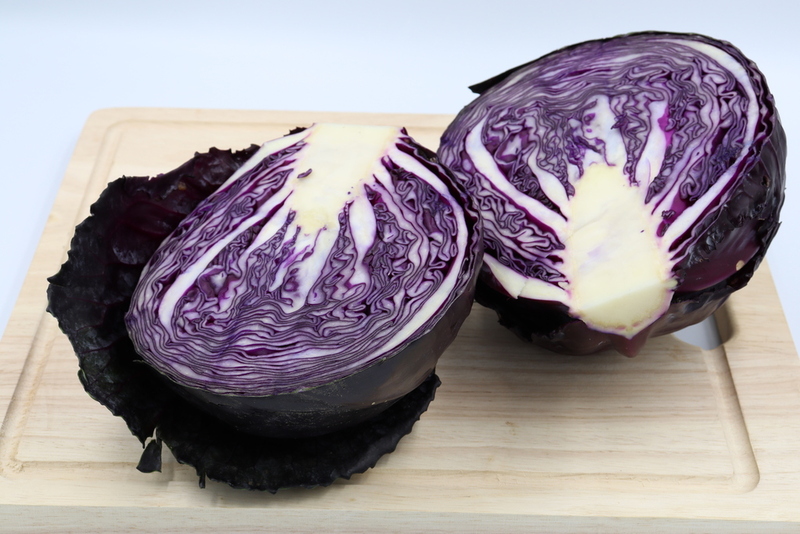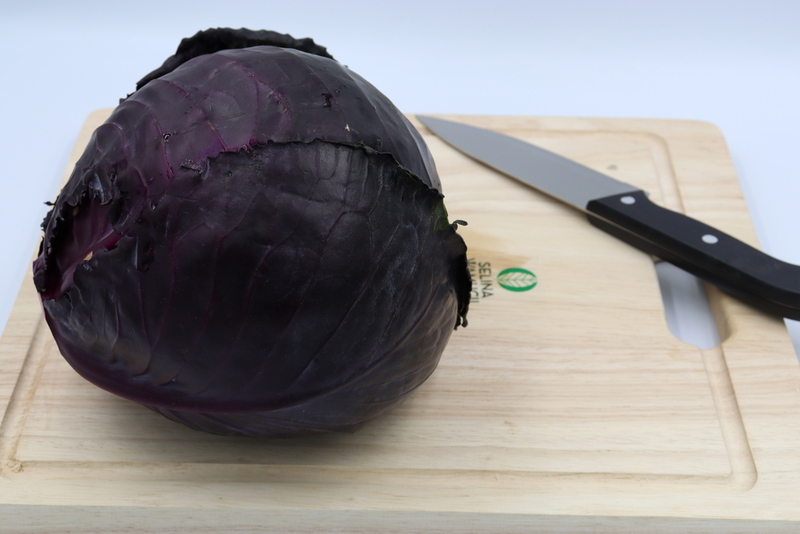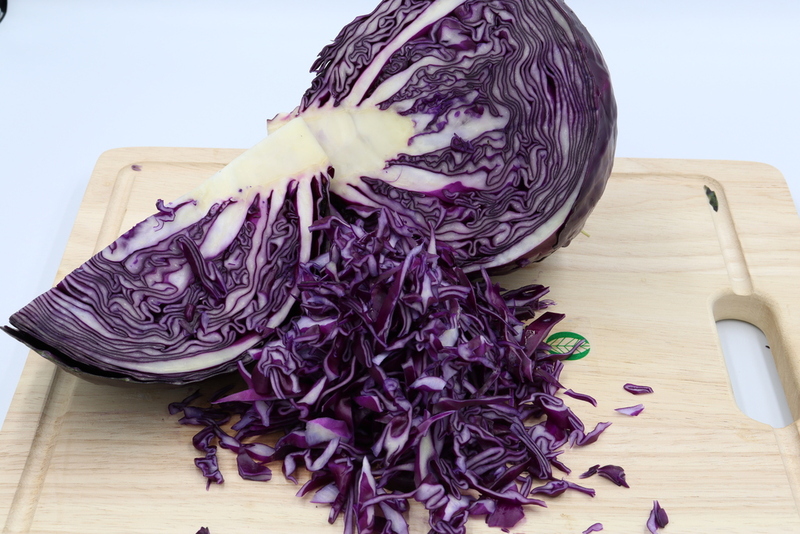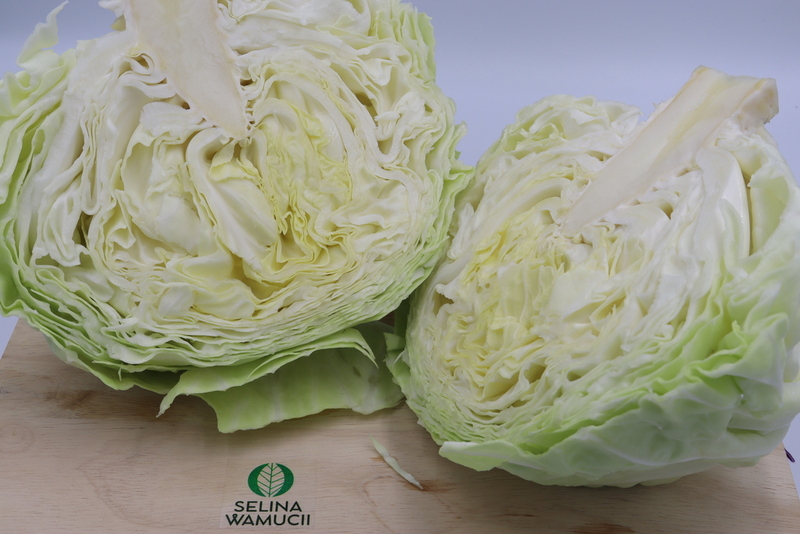Buy Tanzania Cabbages Directly From Exporters & Suppliers - Best of 2025 Market Prices
Get Instant QuoteSecond only to the tomato in acreage, Tanzania cabbages (Brassica oleracea var.Capitata) or simply mboga/kabeji in Swahili are arguably the most common leafy greens in the local market. It is possible to find it in market towns all over northern Tanzania where it mainly grows. It is also available in cities like Dodoma and Moshi where it is transacted. Though it suffers from the frequent outbreak of black rot, the vegetable remains resilient through the introduction of various cultivars. The most common in the country include white /green Savoy types like Gloria F1 and Chinese varieties. Regarding appearance, the domed head of the plant is ubiquitous with its turquoise green leaves that curve around the dome. Though there are red and purple-headed kinds, the green cabbage predominates in this country.
The cabbage originated in Europe around 3000 years ago. At the time of its domestication by early Britons, it was wild and did not form a head. It would later disperse to Asia. Romans considered it a great delicacy and even a premium dish. It would come to Africa through missionaries and explorers during the pre-colonial times.
Consumption of cabbage provides the body with 3 percent worth of magnesium for strong bones. The vitamin C content is the highest in the vegetable at 60 percent of the daily value. The vitamin A representative value is 1 percent per serving. The level of dietary fiber goes to 10 percent of the daily requirements. The volume of iron stands at 2 percent while that of calcium for strong teeth enamel represents 4 percent of the daily needs. The crop also supplies about 2 grams of protein, 3.2 grams of sugar and 6 grams of carbohydrates. These are about 2 percent of the daily values of the three nutrients, apiece.
We source Tanzania cabbage from the north in areas such as Moshi and the east in parts of Morogolo. Our farmers in these locations capitalize on new disease-resistant varieties to earn extra cash. The main commercial cultivars include Gloria F1, Copenhagen, Sugar Loaf and Chihili (of Chinese descent). Some even abandon their coffee fields for this cash crop. They grow it on an average half a hectare and use farmyard compost with little or no chemical sprays to cultivate it.
We harvest Tanzania cabbages when the domed head has attained a firm, rounded appearance. The leafy foliage on top also has a fresh, rich greenish-blue tinge. Our trained workers use sharp knives or machetes to slash the head at its bottom end while leaving the root section behind. We put the pieces into carts in readiness for transportation to the packinghouse.
We then carefully trim only the Green Savoy varieties as other types require little preparation. We retain some of the foliage surrounding the dome. All our cabbages come clean, are debris-free and smell of field aroma.
We pack Tanzania cabbage in waxed cabbage boxes that weigh a basic 20.4 kilograms at a go. We also have relatively larger boxes with a weight capacity of 22.6 kilograms. These waxed boxes are of sizes between 1 ¾ and one 7/8th bushel. We also have bulk bins that we fill by volume or count. We take care that all our cardboard boxes or cartons or sometimes wooden crates are secure to prevent spillage. We use industrial wires to bind the crates especially in readiness for wheeled pallet transportation. All the heads feature in polyethylene bags that have perforations for aeration. We finalize packing with custom labels of the name, net weight or count and the country of origin.
We store Tanzania cabbage in custom cold rooms in Dar-es-Salaam and Dodoma at 0 degrees Celsius. From here our refrigerated vehicles transport the vegetables to the port in Dar for shipping by sea. Relatively small cargo can reach you by air in a day or two after departure.
Thus, if you are after the most common commercial vegetable in East Africa, you now have our Tanzania cabbage. We source the produce from designate family growers in the north-east as well as the Kilimanjaro area of the country. Our Global Good Agricultural Practices (GAP)-certified farmers, for example in Moshi, Kilimanjaro often ditch coffee in favor of the cabbage. This is testament enough that you will always get year-round supply in your choice quantity from our sources. We finalize the deal with very reasonable prices. This all the more reason you should make an order today!
Get Instant Quote
Are you a producer of Tanzania Cabbages or other products?
Sign up today for FREE to buy or sell Tanzania Cabbages.





